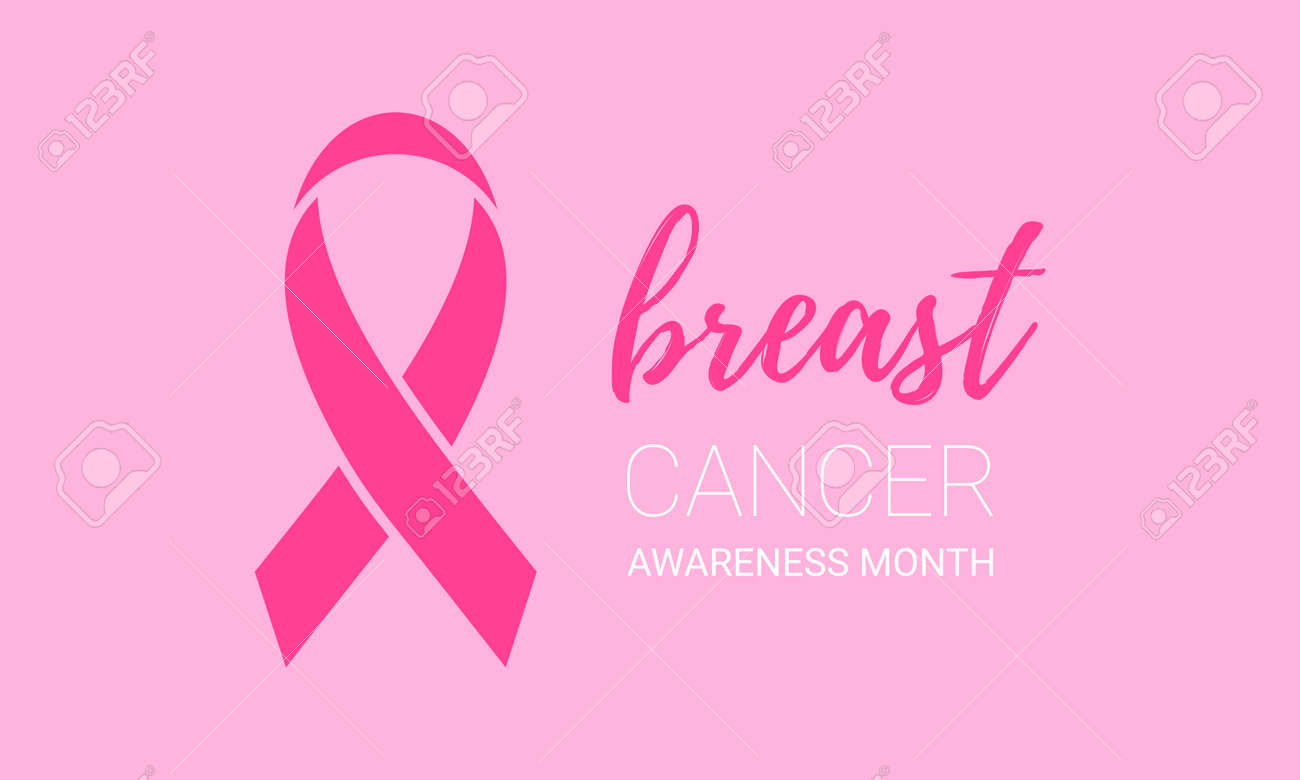
An online calculator has been discovered as a method of assessing lifetime risk of breast cancer.
The app which lets GPs determine risk by combining a blood test with medical and family history plus factors such as weight, age at menopause and alcohol intake.
The algorithm, developed by Cancer Research UK, will help doctors decide whether to send a woman for screening before the usual start age of 50.It could also be used to target women with lifestyle advice or preventative drugs.Study lead author Prof Antonis Antoniou, of the University of Cambridge, said:
“This is the first time anyone’s combined so many elements into one breast cancer prediction tool.“It could be a game changer as we can identify large numbers of women with different levels of risk, not just those at high risk.”

Breast cancer is the most common cancer in Britain; 55,000 women are diagnosed yearly.Survival rates lag behind similar EU nations. The tool was created using up to 150,000 patients’ data, and took into account more than 300 genetic indicators for the cancer which may have shown up in blood tests.
Doctors are prompted to answer a series of questions about the patient.The clinical effectiveness is being tested by actors posing as patients.Prof Antoniou said: “This tool should help doctors to tailor care. Some women may need to discuss screening or prevention. Others may just need advice on lifestyle and diet.”
CRUK’s Dr Richard Roope added: “Although increased risk means a woman is more likely to develop the disease, it is by no means a certainty.”GPs, nurses and oncologists in East England are also being asked to test the tool before it is considered for NHS rollout.

Doctors are prompted to answer a series of questions about the patient.The clinical effectiveness is being tested by actors posing as patients.
Prof Antoniou said: “This tool should help doctors to tailor care. Some women may need to discuss screening or prevention. Others may just need advice on lifestyle and diet.”
CRUK’s Dr Richard Roope added: “Although increased risk means a woman is more likely to develop the disease, it is by no means a certainty.”GPs, nurses and oncologists in East England are also being asked to test the tool before it is considered for NHS rollout.